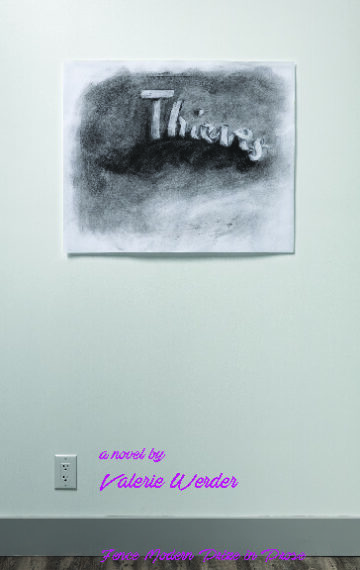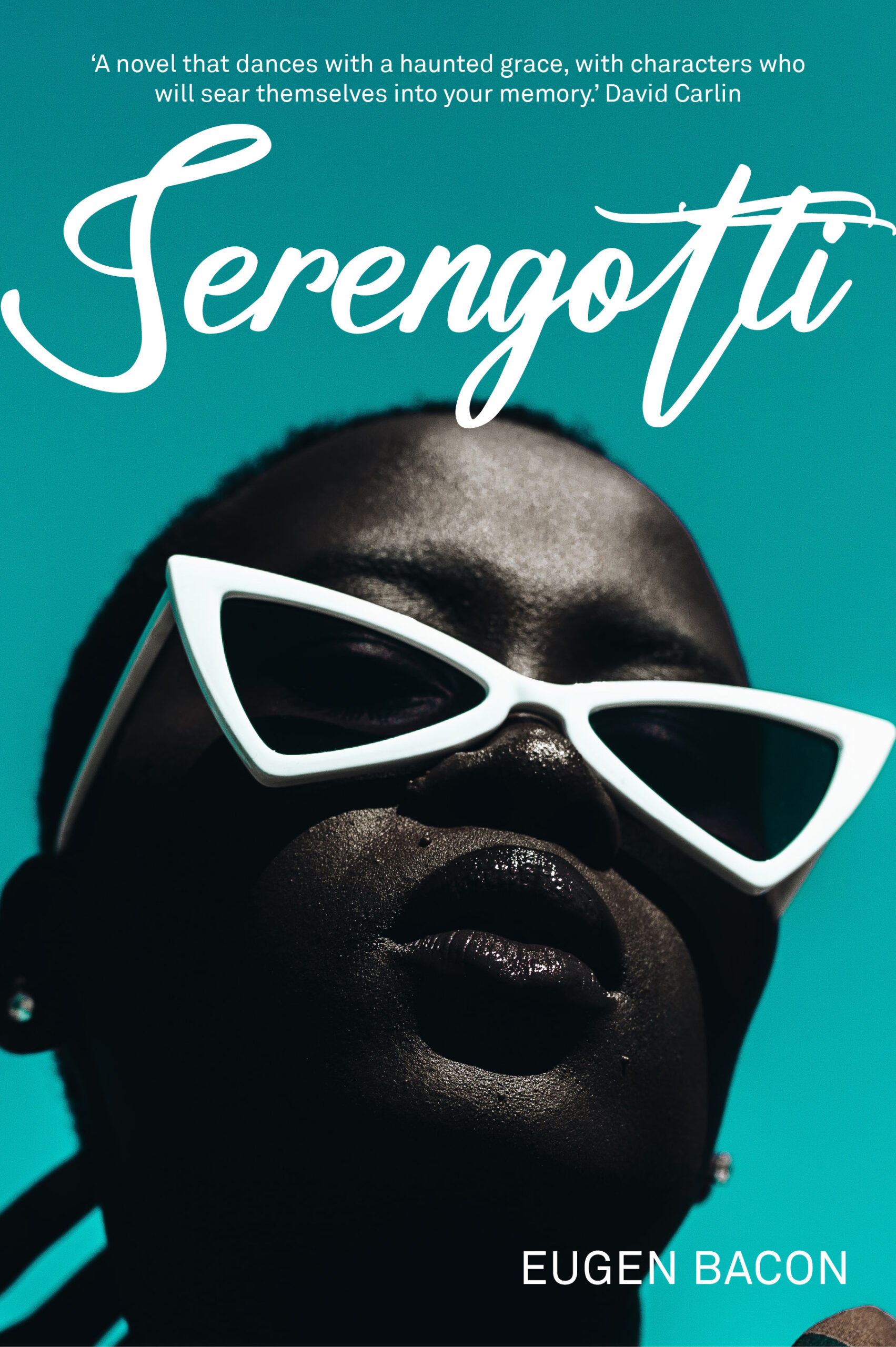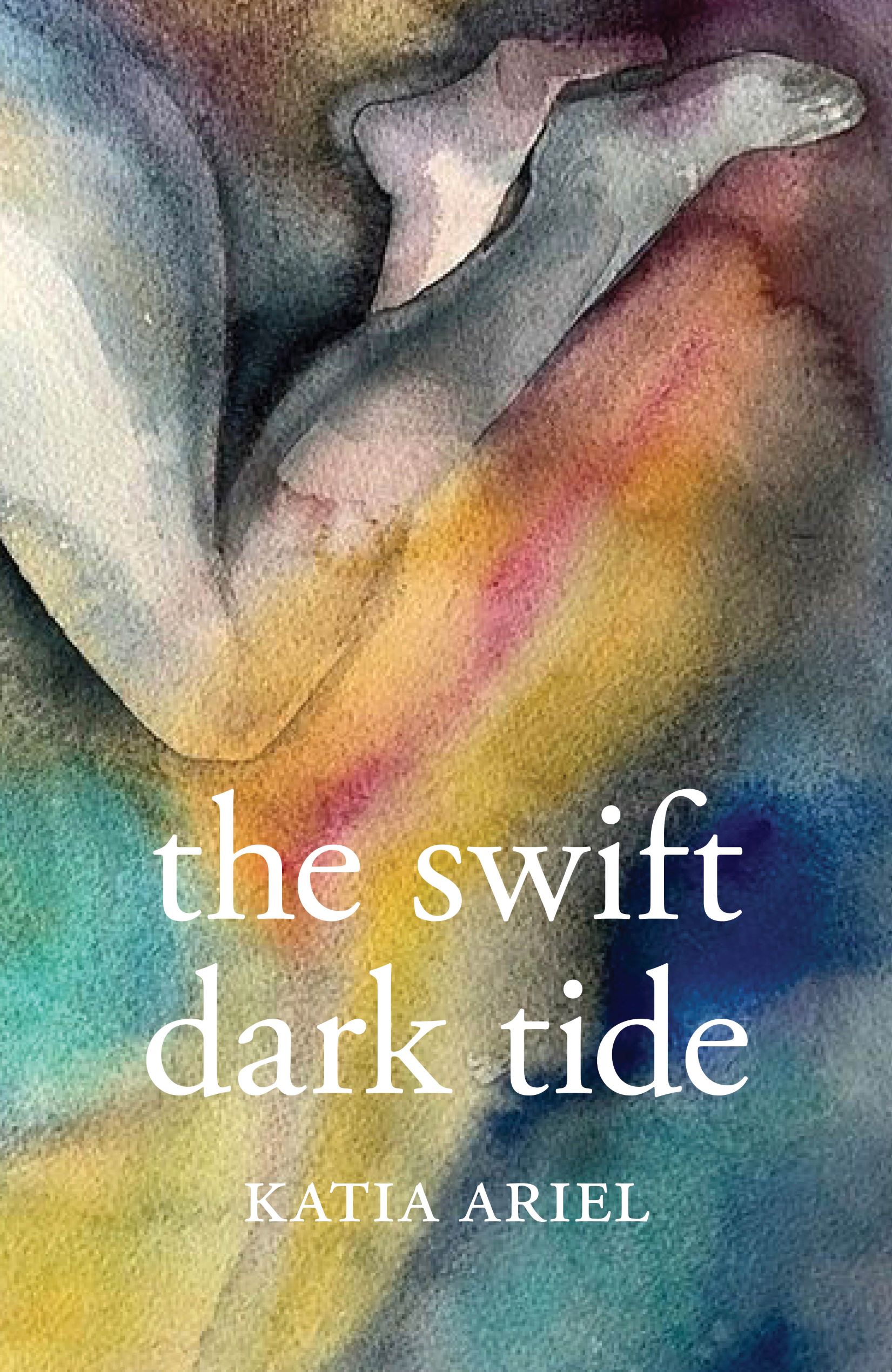 What is true? What is not? The protagonist, Simone, arrives in Istanbul with her friend, Agnes. The city, partly European and partly Asian, hints at the dichotomies in Simone’s life and the fusion and confusion she encounters.
What is true? What is not? The protagonist, Simone, arrives in Istanbul with her friend, Agnes. The city, partly European and partly Asian, hints at the dichotomies in Simone’s life and the fusion and confusion she encounters.
Tag: fiction
A review of Lucky by Jane Smiley
 Smiley’s underlying theme, however, is the precariousness of this immortality. While presenting Jodie’s maturation as a woman and artist, she quietly notes some major historic events of the passing era.
Smiley’s underlying theme, however, is the precariousness of this immortality. While presenting Jodie’s maturation as a woman and artist, she quietly notes some major historic events of the passing era.
A review of The Leaves by Jacqueline Rule
 Jacqueline Rule makes good use of her legal experience in Luke’s story, which is tragic, spotlighting just how broken the foster system he ends up cycling through is, or how brutal the legal detention system, and the way in which it traumatises rather than helps the young people caught in it.
Jacqueline Rule makes good use of her legal experience in Luke’s story, which is tragic, spotlighting just how broken the foster system he ends up cycling through is, or how brutal the legal detention system, and the way in which it traumatises rather than helps the young people caught in it.
A review of Helens: Not Necessarily About Sex by by Matthew Louis Kalash
 This is writing, literary fiction, at its most realized potential. In the title story, ‘Helens,’ an academic (no doubt a même of the author himself), who is a college history instructor, sets the stage by discussing, at fascinating length, the Trojan War. Paris and Menelaus and Helen.
This is writing, literary fiction, at its most realized potential. In the title story, ‘Helens,’ an academic (no doubt a même of the author himself), who is a college history instructor, sets the stage by discussing, at fascinating length, the Trojan War. Paris and Menelaus and Helen.
A review of Perfume by Patrick Süskind
 Süskind’s dark taste in comedy and clever use of logic permeate every page. Jean-Baptiste’s skill as a perfumer making camouflage, shadowing and eventually murder all possible with a few drops of a home-made fragrance. Like all superhero films or books one fantasises of having said superpower and the fantastical, god-like things one could do with it.
Süskind’s dark taste in comedy and clever use of logic permeate every page. Jean-Baptiste’s skill as a perfumer making camouflage, shadowing and eventually murder all possible with a few drops of a home-made fragrance. Like all superhero films or books one fantasises of having said superpower and the fantastical, god-like things one could do with it.
A review of Thieves by Valerie Werder
 Ostensibly Thieves is Valerie’s coming-of-age as she works through and try to escape the constraints of her upbringing and the world in which she lives. The story appears progress in more or less linear ways, however, there is a recursiveness that functions almost as a Möbius strip where time loops around itself and the endpoint of the work is not so much Valerie’s transition as the work itself.
Ostensibly Thieves is Valerie’s coming-of-age as she works through and try to escape the constraints of her upbringing and the world in which she lives. The story appears progress in more or less linear ways, however, there is a recursiveness that functions almost as a Möbius strip where time loops around itself and the endpoint of the work is not so much Valerie’s transition as the work itself.
A review of Well Dressed Lies by Carrie Hayes
 The writing in Well Dressed Lies is wonderfully well done at an intelligent level and with a formal tone that fits the time, place, and circumstances of the story. The language is rich, pleasing, and in places, appropriately lyrical. World-building is superb—with the English weather, streets, countryside, and architect so well drawn as to make readers feel like they are there. Seemingly small details add realism and appeal to the novel.
The writing in Well Dressed Lies is wonderfully well done at an intelligent level and with a formal tone that fits the time, place, and circumstances of the story. The language is rich, pleasing, and in places, appropriately lyrical. World-building is superb—with the English weather, streets, countryside, and architect so well drawn as to make readers feel like they are there. Seemingly small details add realism and appeal to the novel.
A review of Serengotti by Eugen Bacon
 Ch’anzu’s narrative arc drives the novel forward, as does a mystery that begins to unfold in the the strange confines of the dreamlike village. Through this story, Ch’anzu begins to explore hir own background, trauma and ghosts, that become part of the app being created, self-reflexively looping back to the creative unfolding that the reader is experiencing.
Ch’anzu’s narrative arc drives the novel forward, as does a mystery that begins to unfold in the the strange confines of the dreamlike village. Through this story, Ch’anzu begins to explore hir own background, trauma and ghosts, that become part of the app being created, self-reflexively looping back to the creative unfolding that the reader is experiencing.
A review of The Swift Dark Tide by Katia Ariel
 There is a clear narrative arc that drives the reading forward quickly, but the writing is so sensual and languid that it creates a resistance to that progression. So much transformation happens in the gaps between the action – looking at the ocean, in the silent space of memory, in a moment after birth while looking into a newborn’s face, or even small moments of mindfulness such as noticing the pure green of a paediatrician’s jumper, or a seaweed crown “mossy garlands the circumference of an adult head” floating on the surface of the water.
There is a clear narrative arc that drives the reading forward quickly, but the writing is so sensual and languid that it creates a resistance to that progression. So much transformation happens in the gaps between the action – looking at the ocean, in the silent space of memory, in a moment after birth while looking into a newborn’s face, or even small moments of mindfulness such as noticing the pure green of a paediatrician’s jumper, or a seaweed crown “mossy garlands the circumference of an adult head” floating on the surface of the water.
A review of Ivan and Phoebe by Oksana Lutsyshyna
 The language of the novel is captivating and Lutsyshyna creates deep characters and vivid storyline twists while unlocking her talent as a perceptive poet. Lutsyshyna’s depictions of nature landscapes are truly prose poetry.
The language of the novel is captivating and Lutsyshyna creates deep characters and vivid storyline twists while unlocking her talent as a perceptive poet. Lutsyshyna’s depictions of nature landscapes are truly prose poetry.